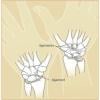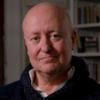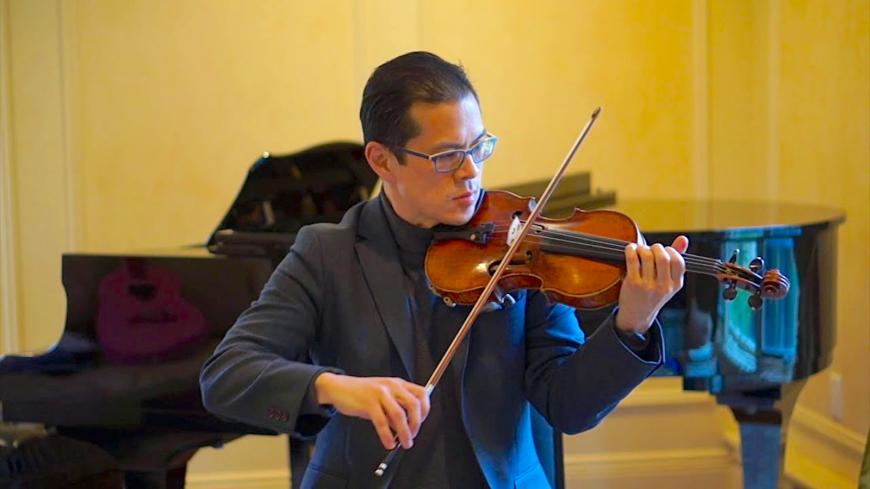
When you go to a concert of classical music performed at the elite level and find yourself transported by the experience, it’s easy to think of these elegantly clad performers as divine muses of the arts. Their chance to play symphonic music is a privilege they actually get paid for! It’s the same sentiment you hear when people say how lucky professional baseball players are to be paid to play a kid’s game.
Rarely do audiences consider the years and years of training, endless practicing, rehearsing, and performing that led up to the concert they just attended, let alone the rehearsals and performances that will begin again in a matter of hours.
Musicians, like professional athletes, have a single tool that allows them to perform— their body. If it fails, they fail. But unlike in the world of professional sports, you can’t call “time out” in the middle of a symphony.
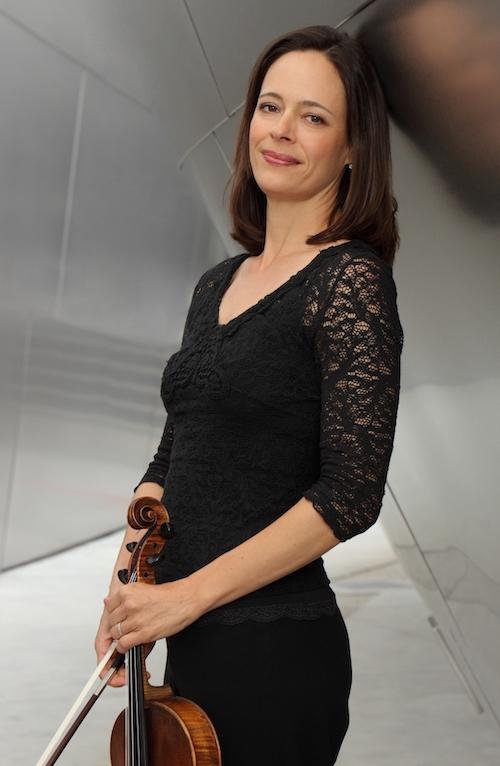
“The idea that classical musicians are somehow Olympian gods who are lucky enough to play is an absolutely incorrect assumption,” declares Los Angeles Philharmonic violist, Ingrid Hutman.
“This is a very athletic career. But after what happened at the Olympics this summer, I do think there may be a growing awareness of all the work and preparation that goes on behind the scenes. What we do is very difficult physically and mentally. It’s particularly hard on the body, the repetitive stress. With sports stars, you hear about that all the time.
“When we’re injured, we tend to go to sports doctors because that’s what’s available. It’s very difficult to find practitioners who understand the peculiarities of musicians and what we do. Sometimes they’ll say something like, ‘Can’t you just hold your instrument differently or hold it on the other side?”
Over a long career, Hutman has had more than her share of injuries from a pinched nerve resulting from a bone spur in her neck to rotator cuff issues and tennis elbow. She’s tried traditional medicine, yoga, acupuncture, and the Alexander Technique.
“You’re always hoping you’ll find the person with the perfect touch telling you to just do this or that and it will all go away. Over time you come to realize that person probably doesn’t exist. It’s not like when you’re young and just starting your professional career and you think you’re indestructible and you’re going to live forever. It’s hard to tell young musicians they need to prepare for the long term.”
The COVID Comeback
For more than 18 months, the performance schedule for professional orchestral musicians was sporadic at best, whether it was the occasional backyard recital for friends or (as conditions and protocols allowed) those masked, socially-distanced performance captures before an audience of empty seats. And since there were so few performances to prepare for, the lifelong ritual of practicing became a burden. Some musicians managed to maintain a consistent practice schedule, others would fall off the wagon from time to time, while some gave up completely. Ironically, for many musicians, the first weeks of the shutdown offered a respite from the rigors of performing.
“When I started playing with the Metropolitan Opera Orchestra in 2000,” says the orchestra’s concertmaster, David Chan, “we would do 24 operas in a season. That number had risen to 29 before the pandemic. When you add technical and chorus rehearsals, it’s an enormous amount of playing. I’ve had people correct me when I say I had to go to work. They’d say, ‘No, you don’t. You play for living.’ I do enjoy what I do. But it’s work!”
Then came COVID-19.
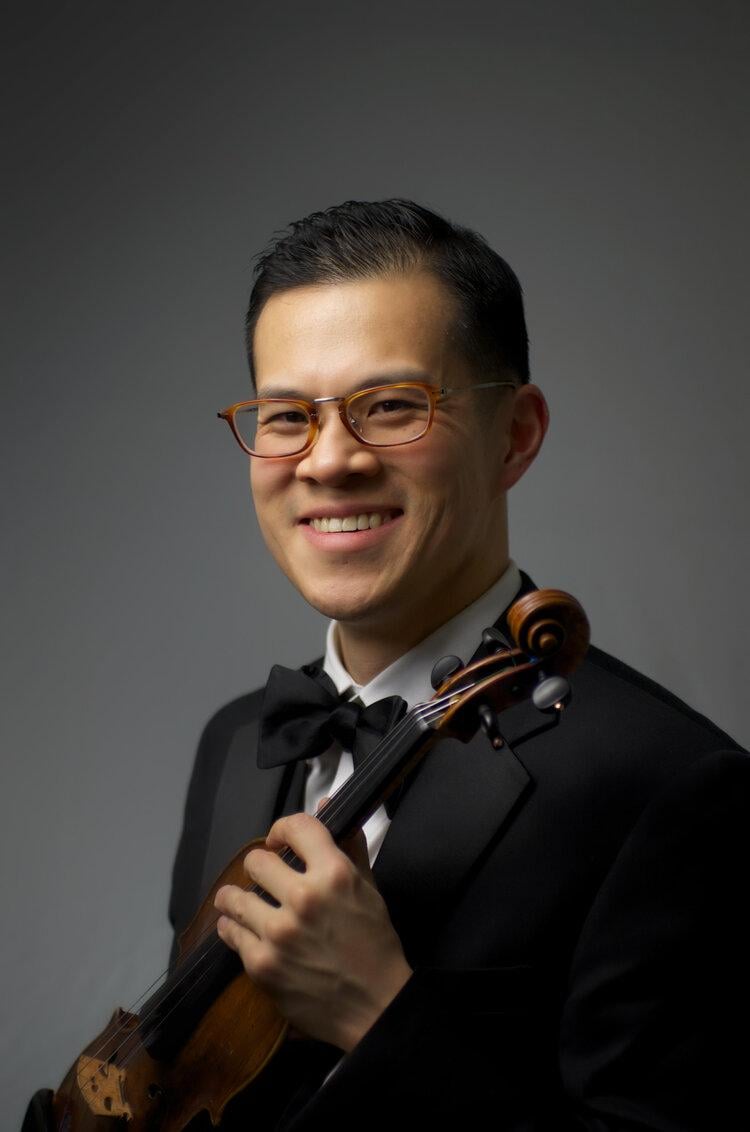
“I’ll admit it. Not having to play was actually a relief. Because in addition to playing with the Met, I teach and conduct. My work schedule had gotten to the point of being absurd. I talked to a lot of my colleagues, and they had the same experience. I know it’s a terrible thing to say because people were dying, but truthfully those first weeks lifted a burden. It allowed me time to rest and reset. Then the reality hit — what happens now?”
For Chan, there were intermittent chamber performances and live drive-in performances with San Diego’s Mainly Mozart festivals. They offered a musical lifeline and the chance to play for a live audience (even with bravos in the form of honking car horns). But now the long layoff from the Met is over. Performances began on Sept. 11 with a commemorative 9/11 concert of the Verdi Requiem. Soon the Met’s full opera schedule will begin, Sept. 27 with the premiere of Fire Shut Up in my Bones by Terence Blanchard and Kasi Lemmons.
“Over the years you have to learn how to manage your body physically and mentally or you won’t make it. There is definitely a degree of physical maintenance that’s required to be a professional musician. Over time, issues are going to develop simply because of the accumulated wear and tear. After 21 years of performing, I’m pretty well preserved,” Chan adds with laugh.
What’s Up, Doc?
As a practicing general surgeon who is also a classically trained oboist and the principal conductor of the Los Angeles Doctors’ Symphony Orchestra, there are few individuals better qualified to comment on the physical issues confronting musicians than Dr. Ivan Shulman. You could call him a classical music two-fer, as he travels with the Los Angeles Philharmonic on tour as the orchestra’s resident doctor, who when needed can double on oboe.
“I grew up in a musical family,” the good doctor relates. “My father was an oboist whose first job after graduating from the Curtis Institute was as principal oboe with the Pittsburgh Symphony under Otto Klemperer, followed by Fritz Reiner. For right or wrong, I took up the oboe. But my father’s position (as was common in many Jewish households) was ‘If you become a doctor, you’ll always have your music.’ Since then, I’ve had my foot in both fields, medicine and music.”
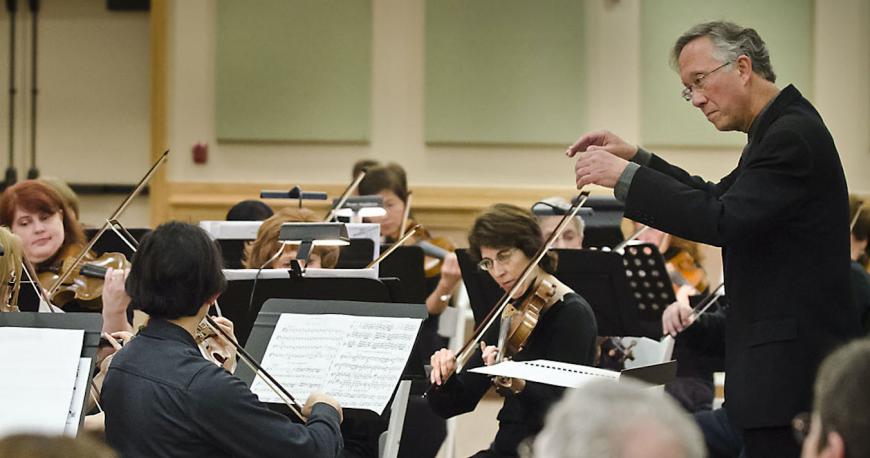
Shulman says the similarities between musicians and professional athletes cannot be understated.
“I see that comparison all the time,” he points out. Musicians, like top-level professional athletes work out, practice, and train; they have a locker room where they change into their uniforms. They go out and perform, and if they do their job well, the crowd goes crazy! Then they go off stage and become the people they were before.
“The work they do is arduous, with demanding standards and long hours,” Shulman continues. “There are long hours in rehearsal and performance. People tend to relate to a musical performance — be it operatic, chamber music, or symphonic — in terms of the single performance they attended, not the rehearsal time that led up to it or the performances that followed. If you don’t think what they do is intense and physically taxing, try playing a complete Mahler symphony or a Wagner opera!”
I asked Shulman what he thought the impact of returning full-time to the concert hall or opera house would be like?
“I think it’s going to be very hard for musicians to return to a full performance schedule because this pandemic isn’t over. People want one simple answer to the problem; science doesn’t work that way. What’s happening now is evolutionary and it’s a process the lay public is not accustomed to. The fact that the issue has become politicized is a whole other matter. In science, what we say today may be different from what we say tomorrow. The ground beneath us is moving constantly.”
Should vaccinations be mandatory?
“In years past I would have said, no question! And there would have been no objection. That’s how it should be now. This is not a restriction of personal freedom. This is for the protection of everyone. Right now, the return to the concert hall and the opera house is scheduled. But in my view, it is by no means a certainty.”


